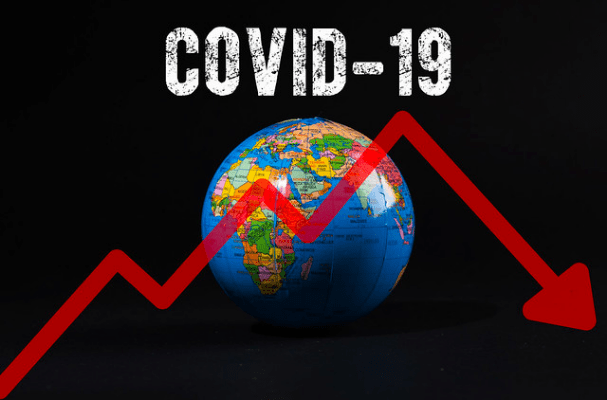One of China’s leading economists has warned of the major risk implications of the mammoth USD$1.9 trillion stimulus package unveiled by the Biden Administration in March.
Zhu Min (朱民), Chairman of the National Institute of Financial Research at Tsinghua University, said that the Biden stimulus package would bring “massive change” to the global economy, and would serve as the “locus of risk” for global growth in future.
“This will trigger changes to inflation, and in particular changes to inflationary expectations,” said Zhu, in a keynote speech entitled “Biden’s Overheating and the Sword of Inflation” (世界经济2021“拜登过热”与通货膨胀之剑) delivered on 11 April at a forum on global economic recovery held by Caijing.
“The sword of inflation hangs above the global economy and finance, and uncertainty for economies and markets has greatly increased.
“Once the sluice of fiscal stimulus opens, it is very difficult to maintain a stable economic landing.”
Zhu was formerly the Deputy Managing Director of the International Monetary Fund (IMF) from 2011 to 2016 and Deputy Governor of the Chinese central bank from 2009 to 2010.
Zhu outlined a range of problems faced by the US economy in the wake of the COVID-19 pandemic, including greater dependence upon services and consumption, weakening resource allocation capability of financial markets, insufficient investment in the real economy, severely inadequate manufacturing supply and declining growth in the labour supply.
“A string of structural problems cannot be solved by simple stimulus, but require supply-side structural reforms,” said Zhu.
“If it is not possible to resolve these fundamental problems, ‘Biden’s overheating’ will definitely move towards’ Biden’s crisis.'”
Zhu expects Federal Reserve rates to gradually increase, and a rise in inflation to put pressure on stock markets. At global level, Zhu say that this will create fiscal instability by driving in a rise in the interest rate costs for government debt, affecting emerging economies the worst.
“Given that the US dollar accounts for over 60% of global reserves, US benchmark rates are the most important variable for global financial markets, and changes in US inflation as well as change in the US monetary environment can have a massive impact on the whole world.”
Zhu said that the Chinese and US economies are highly correlated, and called for China to make “full and effective use of macro-prudential tools to make advance preparations” alongside “highly cautious use of monetary policy to respond to potential shocks.”
“At present China has sufficient fiscal policy and monetary policy room, but when shocks arrive, markets become volatile, and advance caution is needed.”




